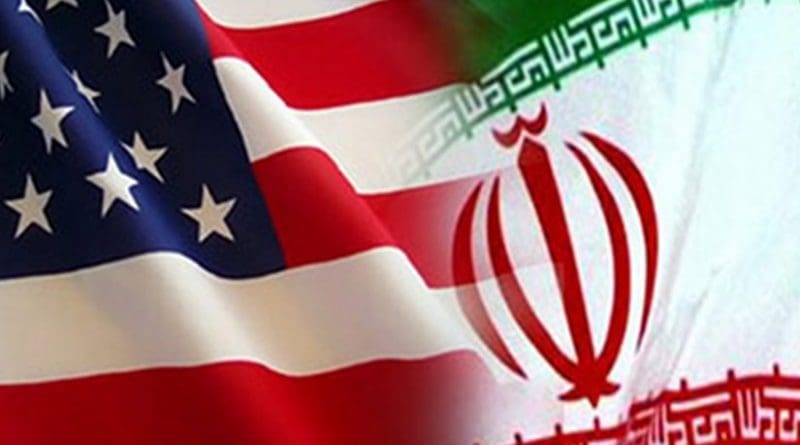Iran Poses Threat To Centcom’s Area Of Responsibility, Votel Says
By DoD News
By Lisa Ferdinando
Iran poses the most significant threat to U.S. Central Command’s complex area of responsibility, Centcom commander Army Gen. Joseph L. Votel told the Senate Armed Services Committee Thursday.
Centcom has dealt with a number of significant challenges over the past 12 months, including in Iraq and Syria, Pakistan, Yemen, Egypt and the Sinai, the Bab-el-Mandeb strait, he said.
“We are also dealing with a range of malign activities perpetrated by Iran and its proxies operating in the region,” the general said at the hearing on the posture of U.S. Central Command and U.S. Africa Command.
“It is my view that Iran poses the greatest long-term threat to stability for this part of the world,” Votel said.
Iranian activities of concern, according to Votel, include “malign influence across Iraq and Syria,” and efforts to prop up the Syrian regime and exploit Shia population centers.
‘Highly Complex Area’
The Centcom area of responsibility, which covers four million square miles from the Arabian Gulf region into Central Asia, remains a “highly complex area, widely characterized by pervasive instability and conflict,” he said.
The region is “increasingly crowded” with external nation-states, including Russia and China, that are pursuing their own interests in attempting to shift alliances, Votel said.
“The central region has come to represent the nexus for many of the security challenges our nation faces,” he said, “and, most importantly, the threats in this region continue to pose the most direct threat to the U.S. homeland and the global economy.”
Violent extremist groups such as al-Qaida and the Islamic State of Iraq and Syria are taking advantage of the fragile security environment of heightened ethno-sectarian tensions, economic uncertainty, and weak or corrupt governance, Votel explained.
“These groups have clearly indicated their desire and intent to attack the U.S. homeland, our interests abroad and the interest of our partners and allies,” he said.
Progress in Counter-ISIS Fight
The coalition against ISIS continues to build momentum in defeating the terrorists in Iraq and Syria, and is pressuring the terrorists on multiple fronts and across all domains, according to Votel.
He highlighted the importance of working with coalition members and partners on the ground.
“As you are seeing clearly demonstrated in Iraq and Syria, Afghanistan, Yemen and elsewhere throughout our area of responsibility, we have adopted a ‘by, with and through’ approach that places a heavy reliance on indigenous forces,” Votel said.
The counter-ISIS campaign, now in its third year, is on track with its military plan to defeat the terrorists in Iraq and Syria, according to Votel.
“While we must take the necessary actions to counter immediate threats, such as ISIS in Iraq and Syria,” Votel’s written statement to the committee said, “we also need to find ways to address these and other root causes of instability if we hope to achieve lasting positive effects in that part of the world.”
Afghanistan Update
The Afghanistan’s security forces are beginning their third year with full responsibility for security, with limited U.S. or coalition support, Votel pointed out.
While the Taliban made gains in 2016, the Afghan forces quickly responded and reversed some Taliban gains, he said. It is essential, according to the general, for the United States to continue to assist the Afghan forces in addressing capability gaps, including in aviation.
Votel said he and Army Gen. John W. Nicholson, the commander of the Resolute Support mission in Afghanistan, are developing advice and recommendations for Defense Secretary Jim Mattis on the way forward in Afghanistan.
“I do believe it will involve additional forces to ensure that we can make the advise and assist mission more effective,” Votel said.

